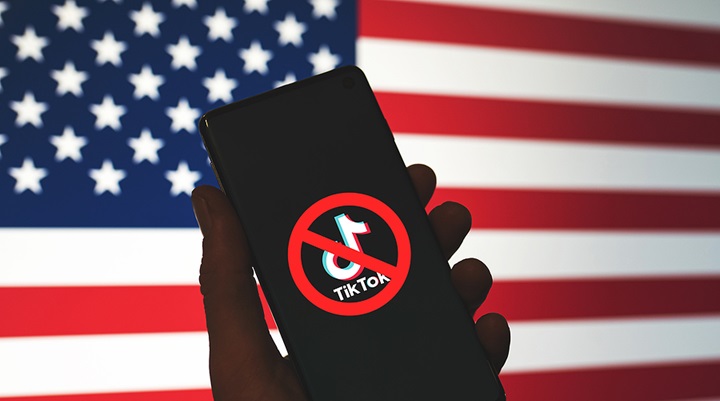The clock is ticking for TikTok in the United States. It is expected that the law banning the app on US soil could take effect on 19 January, unless either the app’s Chinese owner ByteDance sells off its US operations by that time or the US Supreme Court makes an intervention.
Currently, the US Supreme Court is hearing the case that questions the constitutionality of the law banning TikTok, which was signed back in April 2024 over concerns about the Chinese government’s ownership stake in ByteDance. In turn, ByteDance has questioned the constitutionality of the law before the DC Circuit Court of Appeals. The court upheld the constitutionality of the law back in December, thus prompting the US Supreme Court appeal.
At the same time, reports suggest that Chinese officials are also considering selling off TikTok’s US operations in order to keep the app’s presence in the country, with Elon Musk rumoured to be one of the interested buyers.
It remains to be seen how TikTok’s fate in the US will affect global usage and government actions across the world, but there is a probability that Australian users may leave the app further down the line, if there is an exodus in the US.
“Australia often follows US trends…with a bit of a lag,” says Jason Le, founder of the digital marketing agency JRNY Digital. “So while we may not see immediate effects here, it’s likely that we’ll feel some ripple effects down the line.”
Le contends that this would not affect the demand for short-form content, which TikTok has popularised. Thus, even if TikTok shuts down, there will be other platforms to fill the hole left by the app. This could include existing platforms, like YouTube Shorts and Instagram Reels, to potential new competitors.
“The platforms understand the demand and are already well-positioned to capture it,” Le explains. “The key for small businesses will be following the audience and showing up where their attention moves. That’s where the opportunities will be. There’s just too much money in it for someone not to capitalise on this.”
TikTok revamps its Video Editor
Amidst the ongoing uncertainty about its future, TikTok has made extensive improvements in its Video Editor tool in TikTok Ads Manager. Now powered by generative AI, TikTok’s Video Editor offers advanced editing features such as digital avatars, narration with auto-captions, one-click translations with voiceovers, and AI-generated soundtracks.
Video Editor is now available to users who can access it on the ‘Tools’ tab on TikTok Ads Manager’s navigation bar or within the ads creation flow under ‘Create New.’
Meta unveils new moderation policies
Last week, Meta CEO Mark Zuckerberg stated that Meta is rolling out simpler and more lenient moderation policies on its platforms, doing away with the existing verification system which he criticised for making “too many mistakes and too much censorship”. This means that Meta will shut down the existing fact-checking system, remove restrictions on certain controversial topics, and make content filters less strict, among other moves.
This has sparked not only concerns of more rampant disinformation but also a surge in less safe online communities that can potentially drive users away, as well as issues around brand safety and reputation that could arise. Interestingly, marketing professionals who spoke to ISB were not particularly concerned about the impact of Meta’s moderation changes on their small business clients, though they were closely monitoring the developments.
Meta AI now on Instagram
In other Meta news, the company has officially introduced Meta AI capabilities onto Instagram. This will allow users to utilise the feature to help write their content, edit and enhance photos, and personalise their group chats and 1:1 chats.
















